Accident (1967)
“All aristocrats were made to be… killed.”
|
Synopsis: |
|
Genres, Themes, Actors, and Directors:
Review: … though her role is peripheral and she has little agency over matters given her advanced pregnancy. Mostly we’re forced to watch insecure middle-aged men lounging around, drinking too much, and treating infidelity as casually as stopping to fill up a tank of gas: Sassard, meanwhile, is merely a vapid beauty with no defining characteristics — or interests! or thoughts! — at all. Delphine Seyrig shows up at one point for a small role, but we don’t like her character either, so… At least the sets and cinematography are beautiful to look at. Notable Performances, Qualities, and Moments: Must See? Links: |
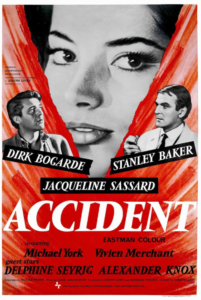

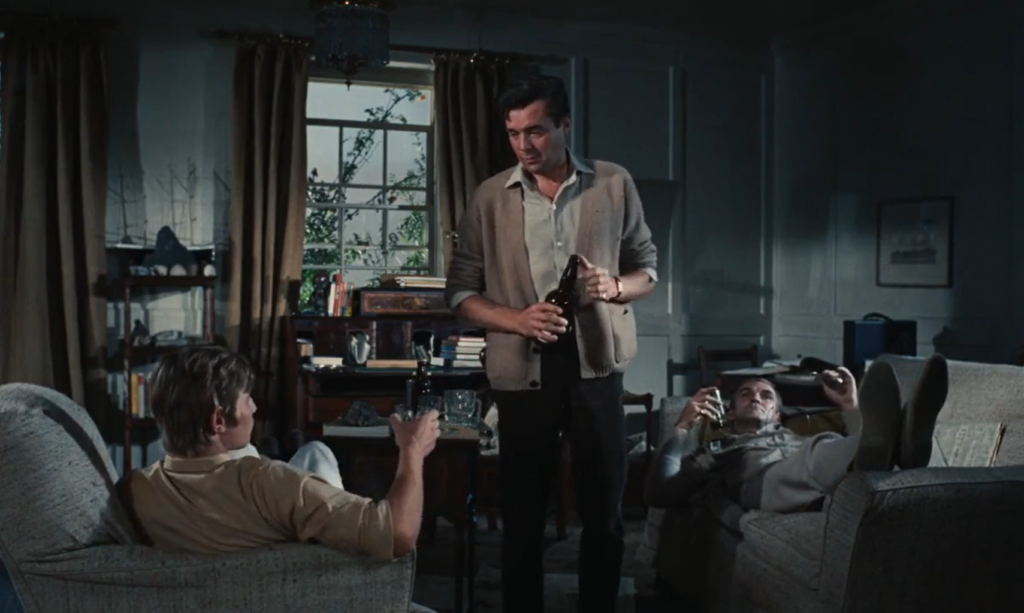

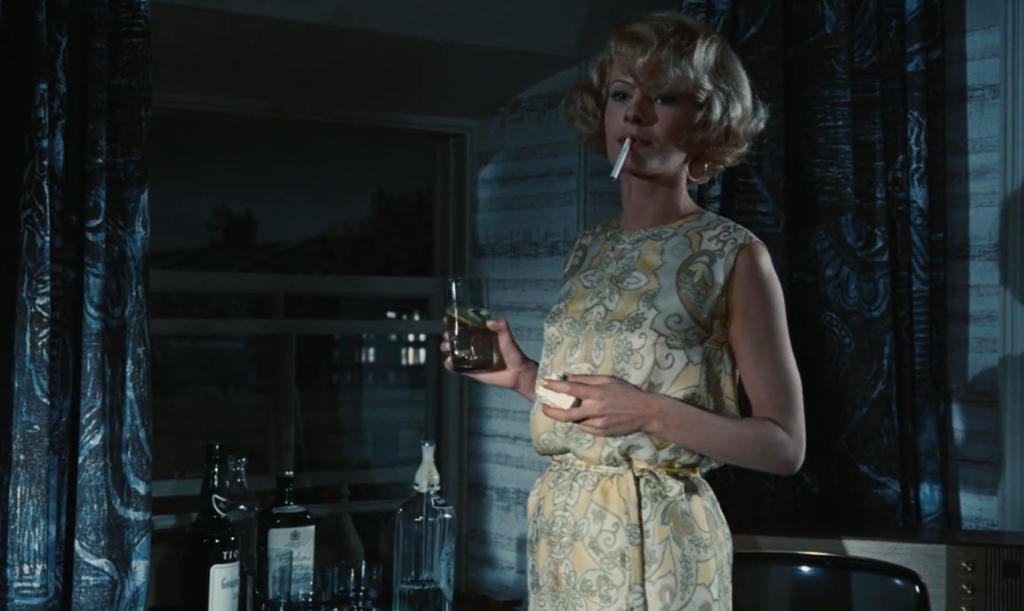
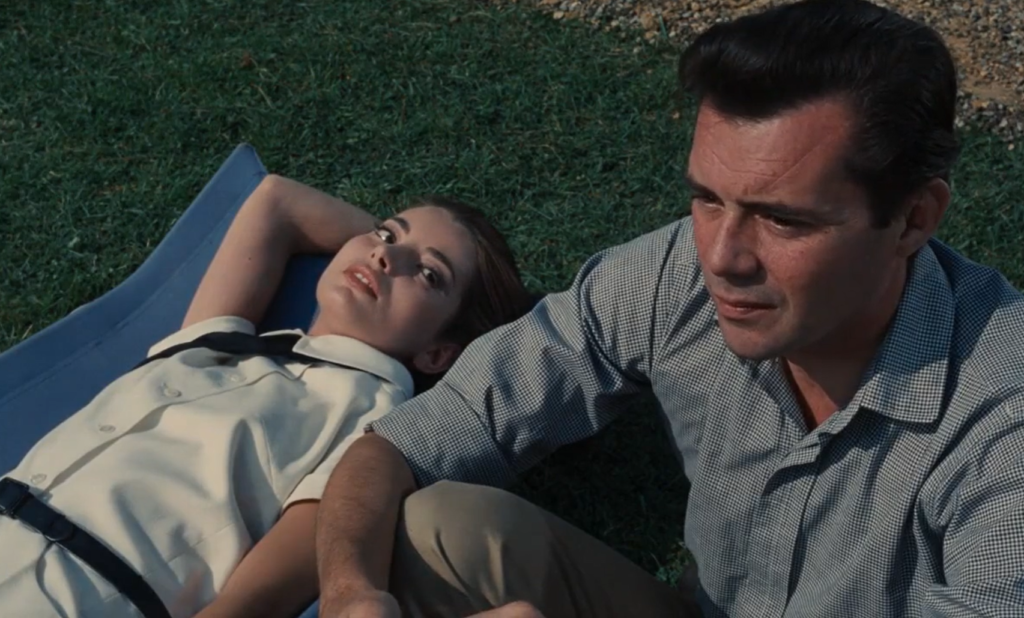
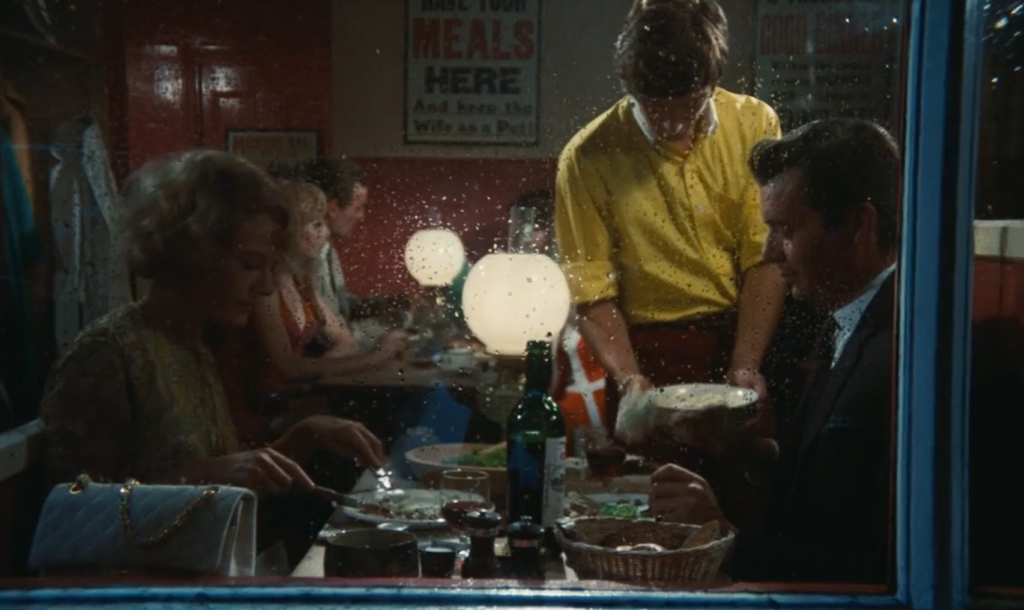
3 thoughts on “Accident (1967)”
(Rewatch 1/29/21).
Not must-see.
This is one of a number of Pinter screenplays that utilizes the playwright’s penchant for minimalist conversation – the idea being that both tension and depth of meaning can thrive when characters say next to nothing. Here, most of what the characters actually communicate is, on the surface, profoundly next to nothing anyway. It makes the characters seem vapid. (Maybe that’s the point; maybe Pinter essentially disliked people and found them to be beneath him.) Pinter’s trademark style became fashionable (for him) in the ’60s and made him something of a critics’ darling; it now reads as pretentious (though, frankly, it read as pretentious at the time).
Elsewhere – i.e., with ‘The Go-Between’ and ‘The Last Tycoon’ – Pinter was more mindful of being in service to the original novelist’s source material. Not here, though; this is The Pinter Show – and, as such, it’s dull stuff: A man wants to have an affair. That’s more or less it. There are few things more boring than a focus on the white man’s ‘burden’ of where to put his penis. Why would that – in itself – be film-worthy?
For me, ‘Accident’ has the same ’emperor’s new clothes’ vibe as ‘The Servant’.
I felt much differently about The Servant, as you know from my review of that one: while the characters are similarly unlikable, I saw The Servant as a very dark, absurdist commentary on class relations and power dynamics, whereas this film is… as you say… about much more mundane and incredibly uninteresting matters.
A lot of people view ‘The Servant’ as you do. I can concede that it’s a valid viewpoint. Pinter is often tied in with absurdist writers.
I don’t view his work as absurdist – though the situations alone in a fair amount of his work can be seen that way. What separates him is the tone of his writing, which is more realistic than absurd.
His intent may be that the mundane way that people – esp. less admirable people – talk is absurd. And I can’t argue with him there, even if I can argue re: the dialogue in ‘The Servant’. It’s one of the Pinter scripts that leaves me unsatisfied throughout – since I find it more haphazard than pointed. I feel left with little more than ‘Who cares?’ at the end.